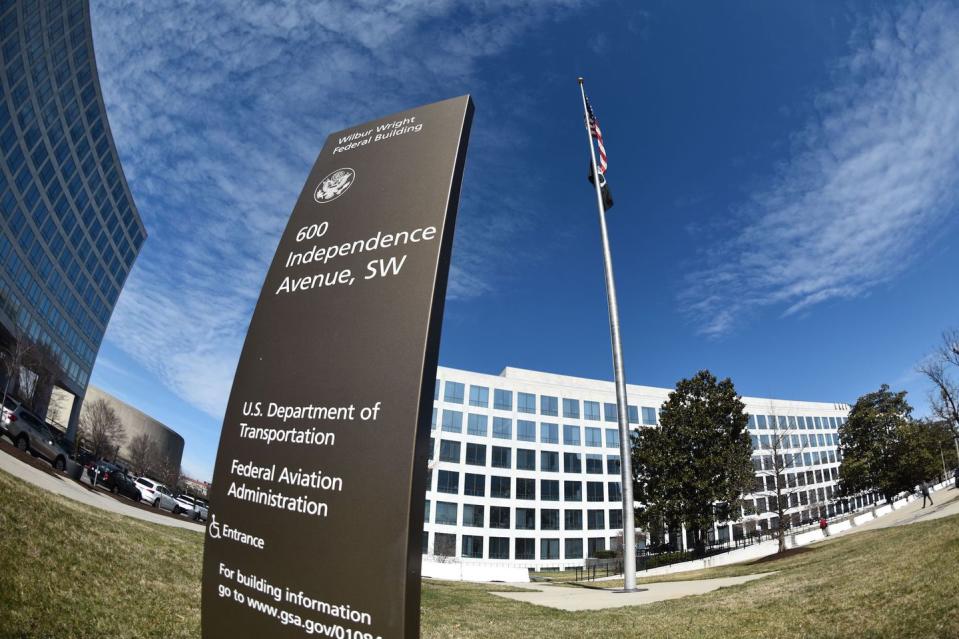The Boeing 737 Max Story Shows That Deregulation Is Dangerous

Over the weekend, the Seattle Times took a major plunge into the controversy surrounding the Boeing 737 Max airplanes that keep falling out of the sky, and, in doing so, the Times brought us yet another entry in our continuing saga, True Tales of Deregulation.
As Boeing hustled in 2015 to catch up to Airbus and certify its new 737 MAX, Federal Aviation Administration (FAA) managers pushed the agency’s safety engineers to delegate safety assessments to Boeing itself, and to speedily approve the resulting analysis. But the original safety analysis that Boeing delivered to the FAA for a new flight control system on the MAX - a report used to certify the plane as safe to fly - had several crucial flaws.
The safety analysis:
Understated the power of the new flight control system, which was designed to swivel the horizontal tail to push the nose of the plane down to avert a stall. When the planes later entered service, MCAS was capable of moving the tail more than four times farther than was stated in the initial safety analysis document.
Failed to account for how the system could reset itself each time a pilot responded, thereby missing the potential impact of the system repeatedly pushing the airplane’s nose downward.
Assessed a failure of the system as one level below “catastrophic.” But even that “hazardous” danger level should have precluded activation of the system based on input from a single sensor - and yet that’s how it was designed.

None of these things sound good. Maybe letting Boeing inspect itself "understated" the power of idiocy.
The FAA, citing lack of funding and resources, has over the years delegated increasing authority to Boeing to take on more of the work of certifying the safety of its own airplanes. Early on in certification of the 737 MAX, the FAA safety engineering team divided up the technical assessments that would be delegated to Boeing versus those they considered more critical and would be retained within the FAA.
But several FAA technical experts said in interviews that as certification proceeded, managers prodded them to speed the process. Development of the MAX was lagging nine months behind the rival Airbus A320neo. Time was of the essence for Boeing. A former FAA safety engineer who was directly involved in certifying the MAX said that halfway through the certification process, “we were asked by management to re-evaluate what would be delegated. Management thought we had retained too much at the FAA.”
An underfunded regulatory regime that's supposed to oversee a corporate landscape in which stockholder value is the primary imperative cannot end well, and yet that's what we've been living with for decades now. It's important to note that it was the previous administration's FAA that handed the safety inspections over to Boeing. It's also important to note that, under this administration, the FAA is another institution being run by an "acting" administrator. Some temp agency is getting rich here.
Respond to this post on the Esquire Politics Facebook page here.
('You Might Also Like',)

